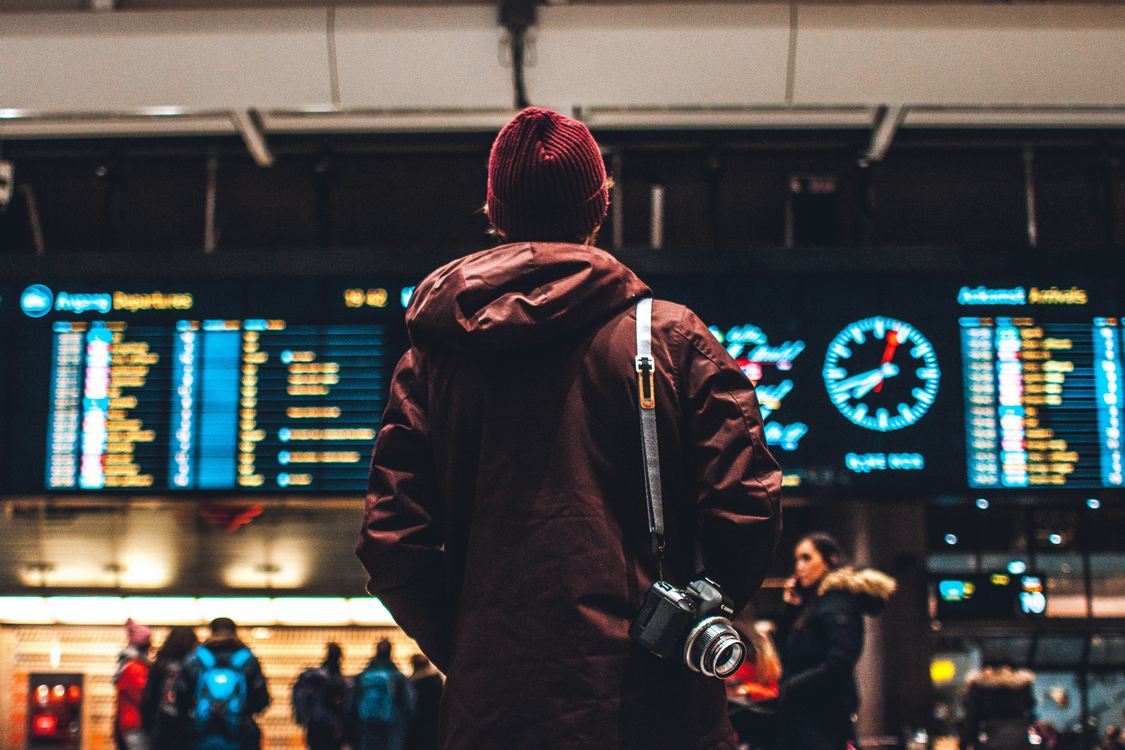Recent travel advisories are re-shaping where tourists go for vacation, making less prominent destinations more desirable because of a smaller collection of fellow travelers.
According to Global Rescue, a study revealed that 61% of travelers avoid certain destinations because of overcrowding. Of the travelers who participated in the survey, 90% say they would consider a less popular destination to curb overtourism. Countries like Spain and Italy have been specifically named when asked which countries come to mind when discussing overtourism.
Italy has been grappling with overtourism for years. Previously on WaL, we reported on Italy’s substantial, even aggressive attempts to control too much visitation, including increasing the per-night tourist tax on accommodations by as much as 100%, limiting the number of vacation rental units available in certain cities, and even imposing fines for bad behavior like walking around barefoot on beach hiking trails or taking selfies in narrow streets.
Even though classic destinations are becoming less desirable, safety concerns, and government travel advisories regarding them, have hindered movement toward other parts of the globe.
Another study by Global Rescue revealed that Americans are substantially more likely to heed government travel advisories regarding a country’s safety, and cancel or alter plans to visit there. This year, the State Department put out a travel advisory for the entire world, citing danger to American nationals.
European travelers however, according to the same study, do not alter their travel plans according to travel advisories, with 60% of travelers from Europe content with ignoring them.
Many factors vary in making a destination undesirable to someone booking their vacation, one of them being gender. Women who participated in this survey had a lower likelihood of visiting a Middle Eastern nation compared to men, for instance, countries like Israel (61% vs 73%) and Jordan (47% vs 53%).
American nations specifically are also wary of traveling to countries that are experiencing deteriorating relations with the US. As previously mentioned, European travelers are less likely to allow travel advisories to determine where they take their vacations.
Americans are the complete opposite, as 63% of US travelers will allow their travel plans to be affected by travel advisories. The most brought up nation in this regard is China, with US travelers being less likely (51%) to visit China than non-US travelers (25%).
“Don’t be a peacock”
Two American travelers echoed both these sentiments.
“I don’t allow media perception to impact too much about where I go,” said Gilbert Diaz, from New York City. “I have found that almost everywhere you go is kinder than portrayed”. However, he still listens to travel advisories in the sense of safety, adding, “I was supposed to be in Egypt this month, but with the hostilities in the region continually evolving in the region I decided not to go”.
In response to the increase in travel advisories, 72% of respondents said they plan to obtain traveler security extraction protection or are considering it. In several instances since October 7th, 2024, Global Rescue has actively extracted travelers from the risks of regional conflicts, and advised others on how to stay safe and get out during airport closures.
Another American traveler, named Medina Star, is the complete opposite. She told WaL’s Julien Torres that she doesn’t care about travel advisories when choosing her next destination.
“I don’t care, I went to China, I had fun there. They have advisories for all the countries I’ve been to. I went to Egypt, and they had an advisory there. I had my fun”.
“I guess it depends on the destination and the reasons for this advisory,” Jonatan Gullio, a Spaniard in his 30s, told WaL from Zaragoza. “I remember I was in Egypt, we were planning to visit the east coast, but we got informed [by Egyptian authorities] that it was not safe due to some attacks on touristic buses, so we changed our plans. When I was going to Cuba, we received an alert of a hurricane that it could arrive to the island, and we went anyway”.
Speaking on why there was such a big difference between Europeans and Americans in who listens to travel alerts, Gullio guessed that it was because Europeans “don’t trust the government that much!”
“Maybe we’re most used to travel abroad, since our countries are smaller, so going to another country is easier for us, like traveling is less likely to scare us by default. If you’re already a bit—not scared—but worried about the trip and the government on top of that says that it could be risky, then you reconsider, but if you’re more relaxed in general, then it doesn’t seem a big deal”.
Gullio references traveling to Latin America, saying there’s always a risk, but most people go anyway.
“Just don’t be a peacock”. WaL
We Humbly Ask For Your Support—Follow the link here to see all the ways, monetary and non-monetary.
This story contains affiliate links.



